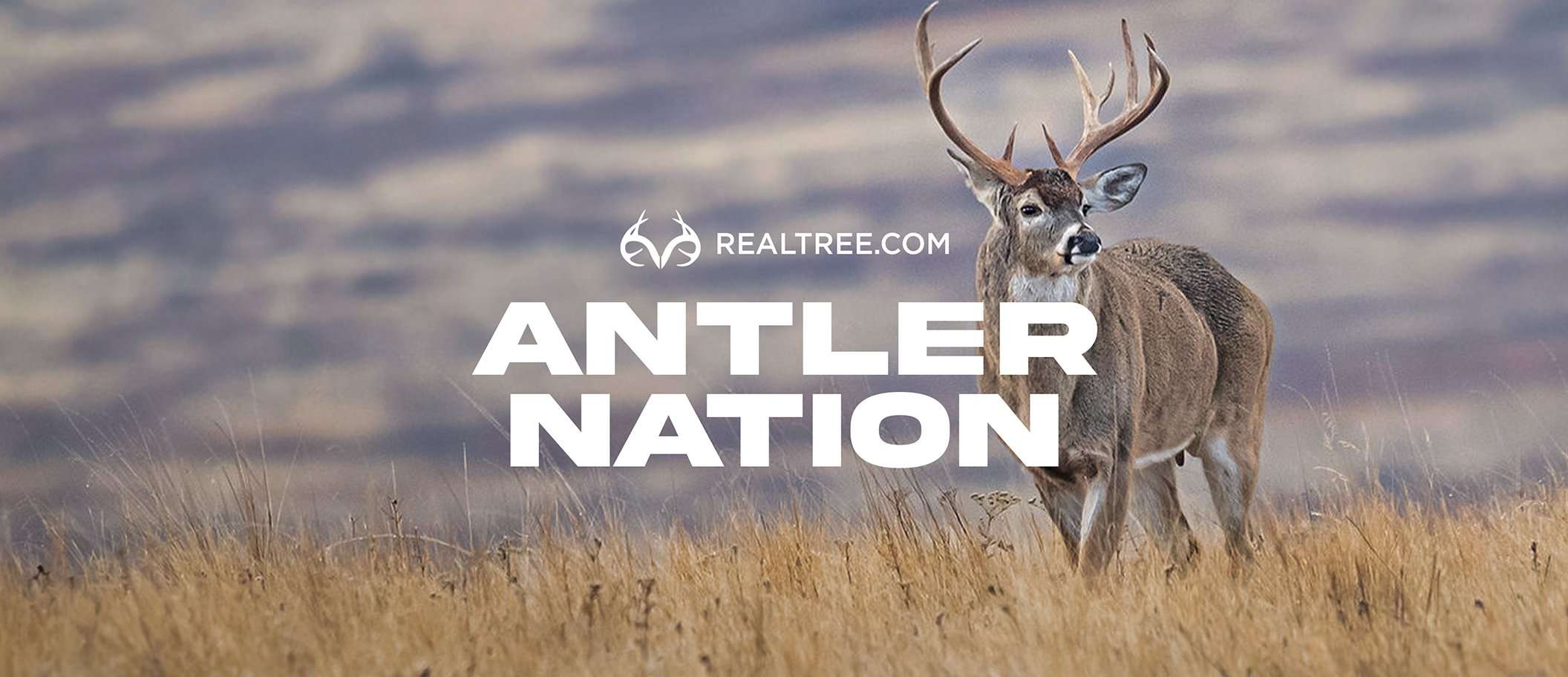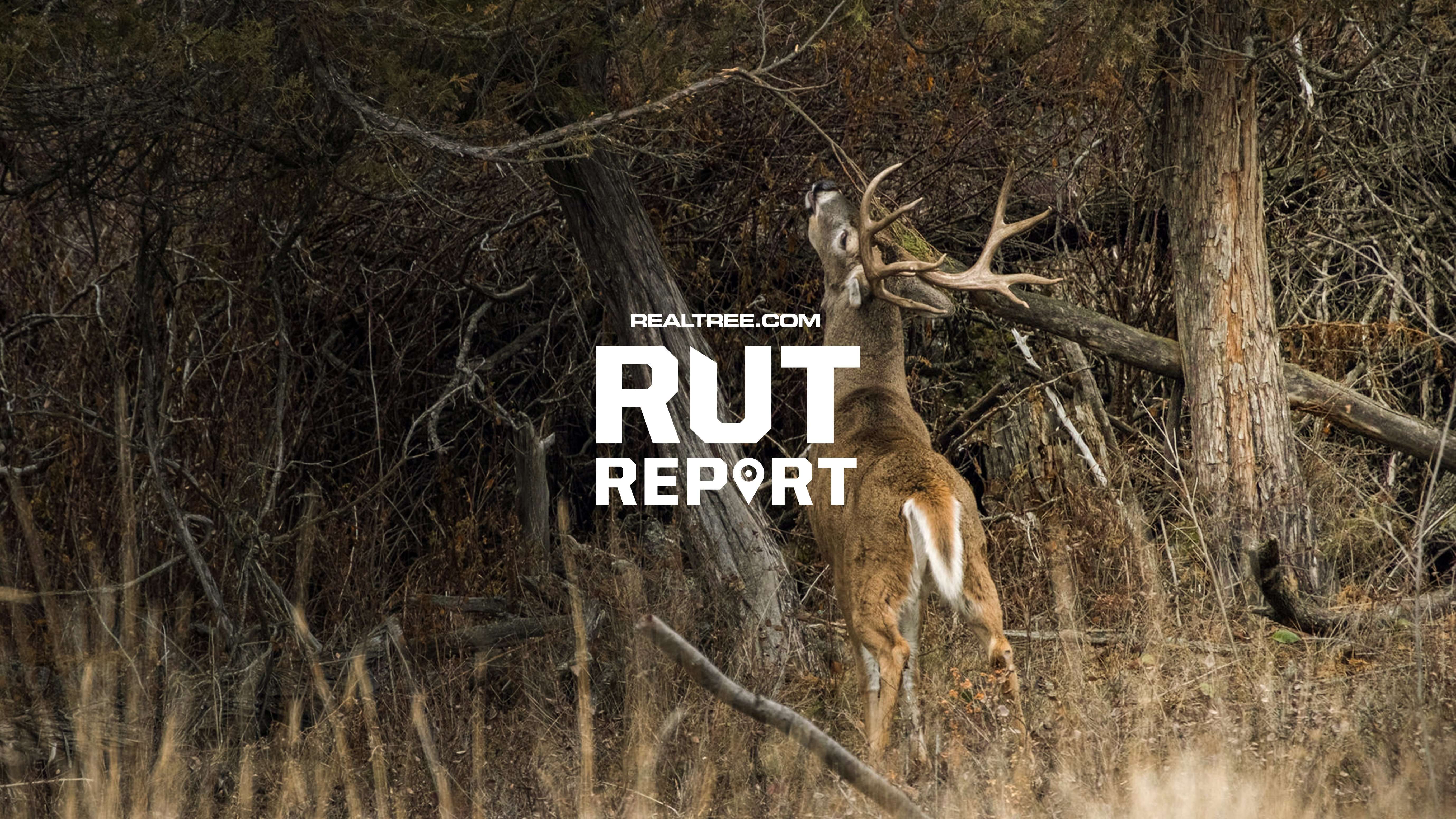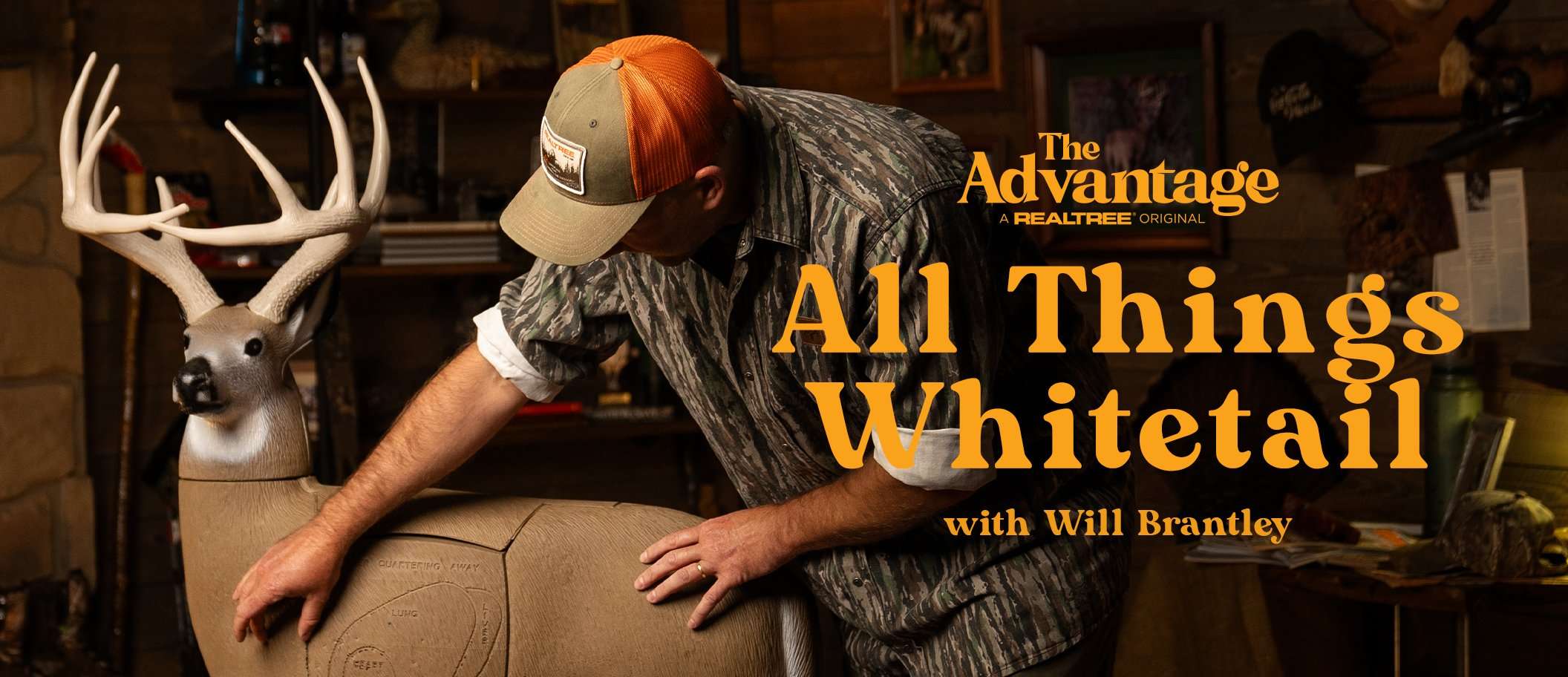Bears are common throughout much of the country, but where and how do you target the biggest bruins?
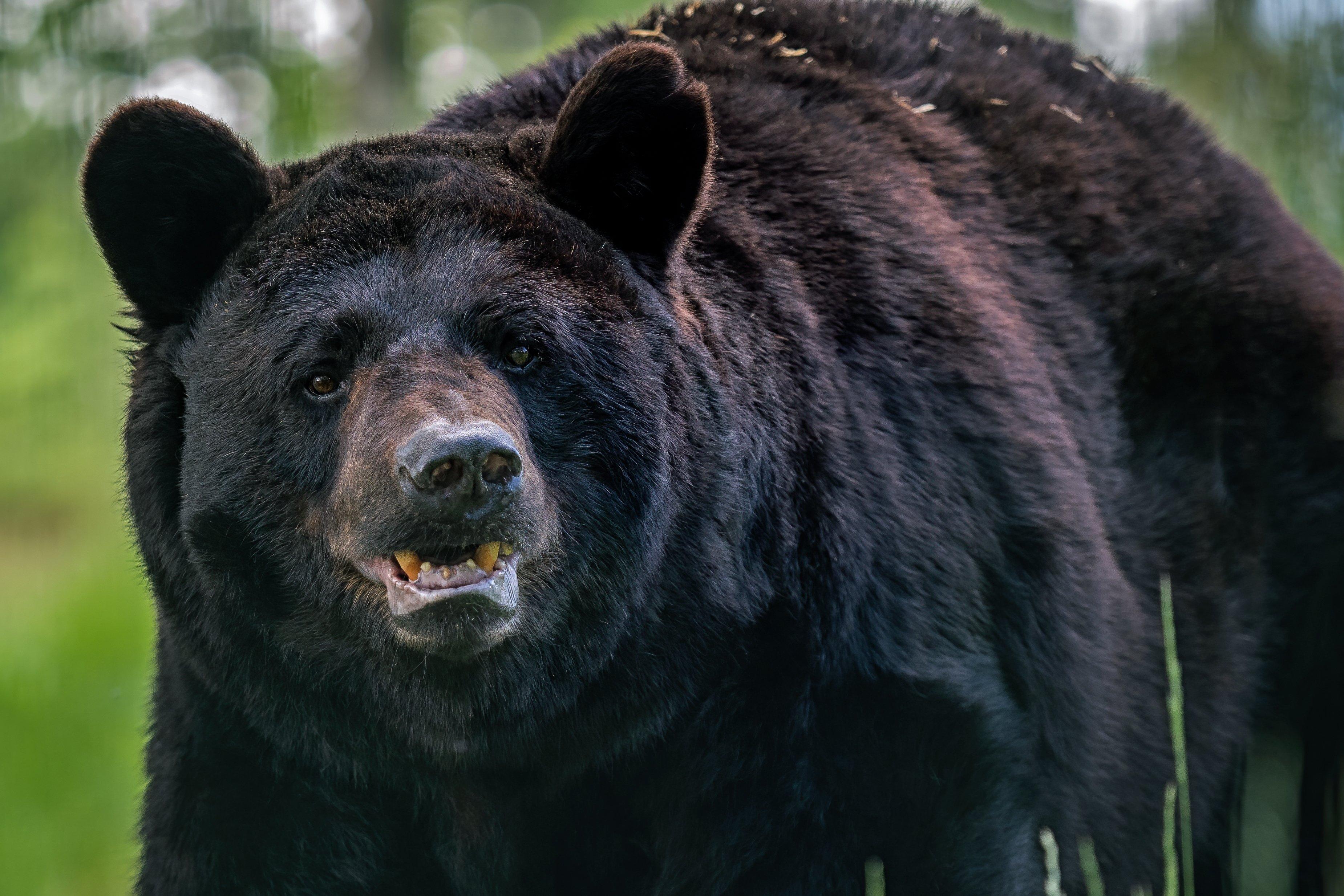
The South isn’t known for big black bears, but North Carolina holds some of the largest. Photo by Lubos Chlubny.
A huge dark figure lurked behind my stand. It was obviously the gigantic bear I had obsessed about for several weeks before Wisconsin’s 2007 black bear opener. He had been on my trail cameras solely in the dark, which made this encounter feel like a dream. I closed my eyes to calm down, and when I opened them, he was still there.
Slowly, the bruin slinked toward the bait. He stopped beneath me, scanning his surroundings and even looking directly at me. He was so close I heard him breathing. I’ll never forget the feeling of adrenaline coursing through my body.
Finally, he proceeded toward the bait, and I drew my bow. Standing 14 yards away, broadside and larger than life, he presented a shot I couldn’t mess up. My arrow blasted completely through, and the bear tore a new path through the forest, collapsing after running 30 yards. He weighed 490 pounds (live weight), and his skull measured 20-4/16 inches.
According to bear.org, Ursus americanus, the American black bear, once ranged across the entire United States, most of Canada, Alaska, and even parts of Mexico. Today, there are many bare spots on the black bear’s current range map, particularly in the Great Plains from North Dakota to Texas, as well as the lower Midwest. The western United States is also fairly spotty.
But although the black bear’s range is nowhere near what it was historically, hunters have loads of opportunities to pursue them. Most bear hunters become impatient and settle for 150- to 250-pound bears, and in states that allow baiting, such bears are often a dime a dozen. A big black bear is a different animal. The large ones are crafty, and with hunting pressure, they become even more difficult to outfox. But where do the largest bears roam?
CHECK OUT OUR LATEST CAMO PATTERN: Realtree APX
WISCONSIN
Wisconsin’s bear population primarily occupies the northern half of the state, although it isn’t odd to see a bear anywhere. While most bears inhabit the deep woods, they’re fairly common where timber and agriculture intersect. They even live in cornfields and can inflict thousands of dollars of damage to crops.
Some hunters use hounds in zones where it’s legal, and in many cases, folks hunt over bait. The bear season opens in early September and closes in mid-October, and hunters can use any legal weapon.
Getting a tag isn’t that simple. The application deadline is in December. There are several zones for which applicants can apply. It usually takes one to three preference points to draw the easiest zones, but it takes more than a decade of preference points to draw the northern zones, where most bears reside.
Although my 490-pound bear was an exceptional trophy, bears exceeding 700 pounds have been killed in Wisconsin. And 910 skulls that measure 20 or more inches have been recorded in the Boone and Crockett Club record book. Many scored more than 21 inches, and a handful even stretched the tape to more than 23 inches. The state record measured 23-5/16 inches.
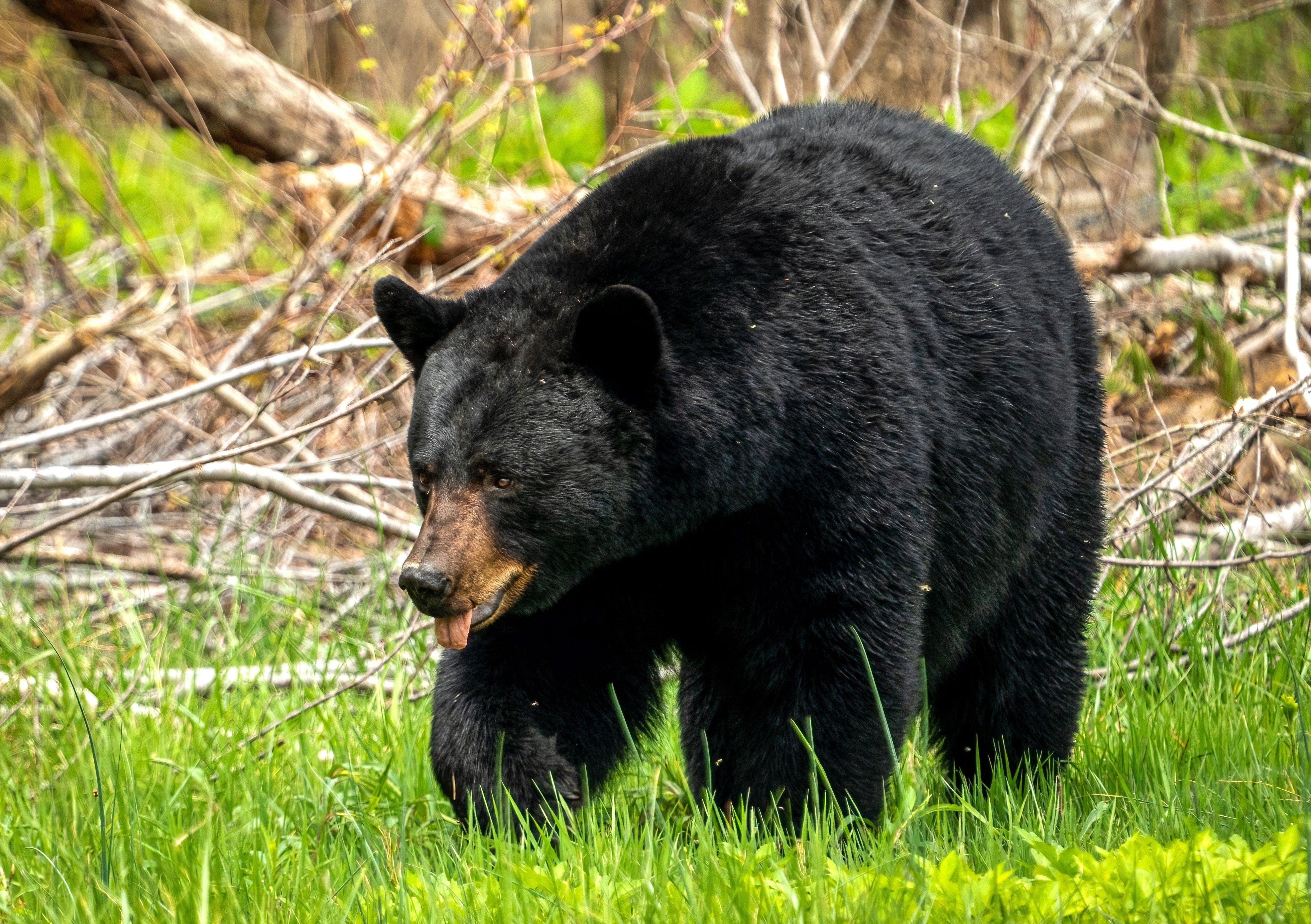
Many bear hunters get impatient and take 150- to 200-pound black bears, which are fairly common. Big bears, however, are far warier. Photo by Dingram Photography.
PENNSYLVANIA
Pennsylvania black bear hunters have entered 456 bears into the B&C record book. The largest measured 23-9/16 inches and was taken in Monroe County in 2011. Black bears range across the entire state. Hunting seasons vary by weapon type and unit. The earliest hunting date for 2024 is Sept. 21, and the latest date is Nov. 29.
Nonresident hunters who’ve held a hunting license in another state or passed a hunter education course can purchase the credentials to hunt bears in Pennsylvania: a nonresident hunting license ($101.97) and a bear license ($36.97).
Unlike in Wisconsin, Pennsylvania hunters can’t use bait. Some hunters find success when a bear walks by while they’re deer hunting (when and where seasons coincide). Bear drives, in which walkers bump bears and push them toward standers, are also a storied method. Some hunters guard cornfields where bears enter and exit.
Because baiting is illegal, Pennsylvania can be a difficult hunt, especially for a nonresident with limited time. Still, you might have the chance to take a huge bear. Bears exceeding 700 and 800 pounds have fallen in the Keystone State.
Don’t Miss: The 5 Best Spots to Find and Pattern Early Season Whitetails
NORTH CAROLINA
Not many people think of the South as a big bear destination, because many Southern states don’t have that many bears or very big ones. They occur in pockets in several vicinities, including North Carolina. The state has high bear concentrations and some of the world’s largest bears.
In 1998, the largest black bear ever taken by a hunter fell in Craven County. It weighed an unimaginable 880 pounds. North Carolina’s largest skull entry in the B&C book matches Wisconsin’s largest, at 23-5/16 inches, and there are 226 entries from the state. The largest-bodied bears in North Carolina occur toward the coast.
Getting licensed to hunt black bears in North Carolina is fairly straightforward. You’ll need a 10-day or annual state hunting license, a 10-day or annual big-game privilege, a bear management e-stamp, and a nonresident bear privilege. Including a $5 transaction fee, the cost is $541 for the annual option or $493 for the 10-day option. Hunters use hounds or bait with unprocessed foods, though special restrictions govern both tactics.
CONCLUSION
A huge black bear is one of the most difficult big-game animals to harvest. They roam mostly during the night, and after more than a dozen years of evading hunters, they make few mistakes. But the odds of taking a world-class bruin weighing more than 400 pounds increase when you hunt where they roam, and these states are regular producers of such bears.




